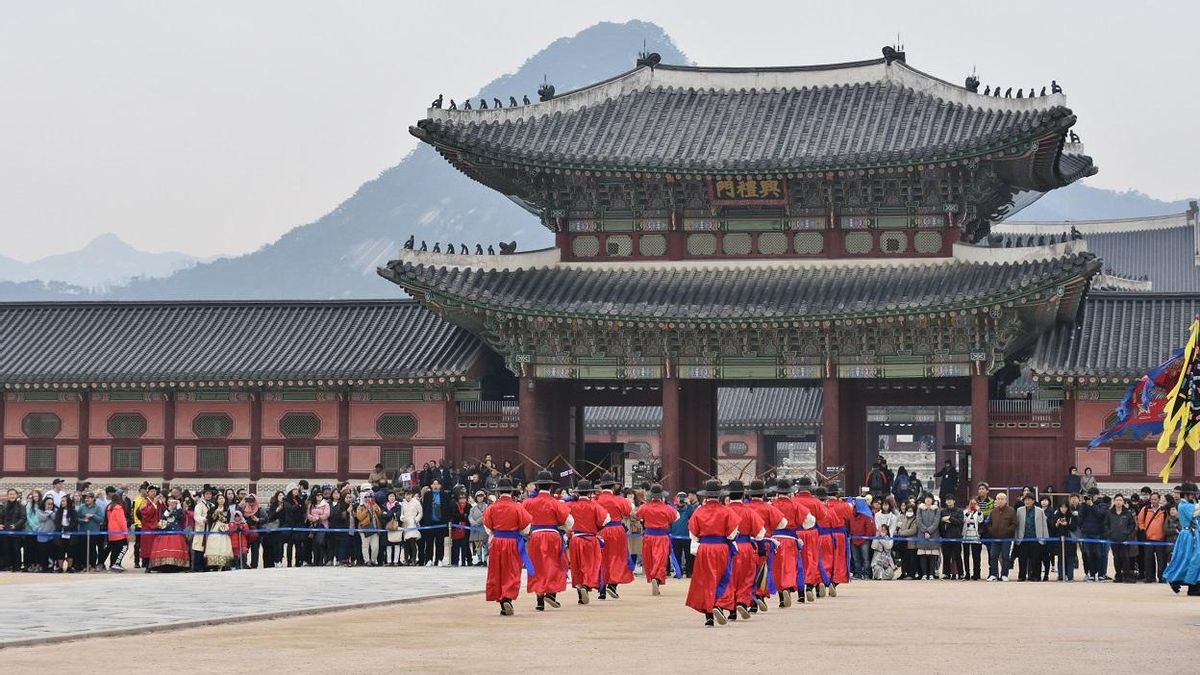Cours 23/24
Merci de déposer ici votre mémoire de recherche et votre formulaire d'autorisation de diffusion.
- Enseignant: Thibault Bourez
Le cours 'Evaluation concours ESJ" prépare les étudiants de l'IEP désireux de se présenter à l'oral du concours de l'ESJ.
- Enseignant: Alexandre Lenoir
This
course aims to present the main issues in contemporary world politics and how
the discipline of international relations tackled them. Of course, it is impossible in a short course
as this one to discuss thoroughly all relevant contemporary issues in world
politics. Hence, I have selected a handful of topics covering four regions:
Asia, Europe, Africa and the Middle East. In each of them, special attention
will be paid to the main issues on the regional agenda and the effects they
have on the international system. In addition, I added a section on the effect
of the pandemic on world politics. In this way, the course provides students
with basic knowledge to understand the evolution of the main aspects of
contemporary international relations in the aforementioned regions.
- Enseignant: Juan Negri
What has changed in Latin America since the beginning of the XXI century? This course examines the political, social, and economic dimensions of contemporary Latin America identifying the region’s major challenges for the next decades and showing how global processes impact local realities and shape what’s at stake. In the first three sessions, we will review the history and basic theories to understand modern Latin America, comparing different theoretical perspectives. State formation and classic populism will also be covered. Then, the seminar will focus on five major topics that strike the core of the region’s social and political problems: the “Pink Tide” of the early 2000s, parties, and party systems, new social movements, corruption, and organized crime, and the region in the US-China rivalry. A closing session will be dedicated to discussing the region’s future challenges and prospective scenarios. The course is addressed to both graduate and undergraduate students with or without previous knowledge about Latin America.
- Enseignant: Gabriel Levita
Principles of International Security
Dr. Carl Rihan
This course is expected to provide students with foundations in the field of international
security and the highly-related field of foreign policy. It will seek to provide students with the
“essentials toolbox” that would allow them to make analytical sense of the current and
emerging international challenges and their impact on the peace, stability, and security of
States, societies, and ecosystems. The course will address the theoretical underpinnings of
security studies and the ensuing practice, before exploring the causes of wars, key notions such
as Grand Strategy and Doctrine, classical approaches to State security such as military
effectiveness, classical and post-classical deterrence, nuclear weapons, and collective security.
The course will then explore a first generation of challenges that conventional approaches to
security have faced, ranging from the role of decolonization and interventionism in the creation
of world systems and unconventional logics of violence including proxy warfare, insurgency
and counter-insurgency. Students will ultimately explore the second generation of challenges
which relate to the post-1990 period including “Pax Americana”, the notion of “imperial
overstretch”, terrorism and the “War on Terror”. The course will conclude with an exploration
of emerging challenges including illicit financial flows (IFFs), the financing of terrorism, the
changing nature of intelligence and surveillance, cybersecurity, and cryptocurrencies.
- Enseignant: Carl Rihan
séance 1
Cours séance 1 - Giovedi 14 Settembre 2023
Manuel utilisé « Dieci », Alma Edizioni
Obiettivi:
Imparare l’alfabeto e la pronuncia in italiano
come si scrive
lettere e numeri
salutare e presentarsi
capire una presentazione
Gioco dell’alfabeto : scrivi le parole che conosci : alla lavagna
Espressione orale : facciamo lo spelling del proprio nome
Impariamo a contare : gioco di memorizzazione dei numeri (0-20)
Espressione orale : mi presento (nome)
- Enseignant: Bérénice Montali

The significant social, political, economic, cultural, and even psychological forces that have defined the last several centuries are often collected under the term modernity. To be sure, the very expansiveness of this concept makes it difficult to grasp. At the same time, the processes bound up with modernity have colored life in societies across the globe, and the Korean peninsula is certainly no exception to this trend. This course will explore the historical interspersing of Korean society, politics, and culture with the disparate global phenomena bound up with modernity and conceptions of ‘modernization’.
By doing so we will be able to approach the complexities of modernity as a concept by grounding it in the various ways that it has been incorporated, refracted, rejected, and contested within Korean society over the last 150 years. This will involve looking at the ways in which various forces of modernity interacted with Korean society. Ultimately, we will seek to understand the ways in which the search for, and struggle over, a Korean modernity stands at the fulcrum of a series of key historical junctures across its history. Indeed, this is a struggle that persists into the present day.
- Enseignant: Kevin Hockmuth
- Enseignant: Julien Boyadjian